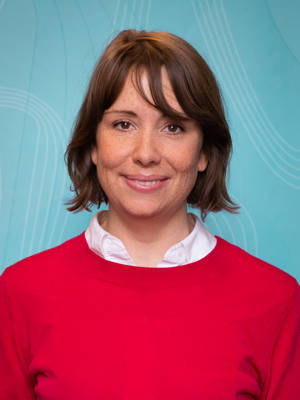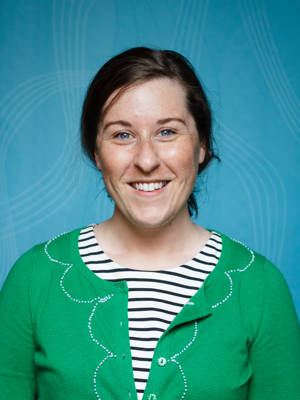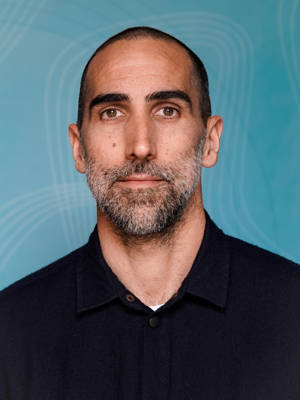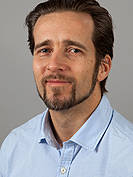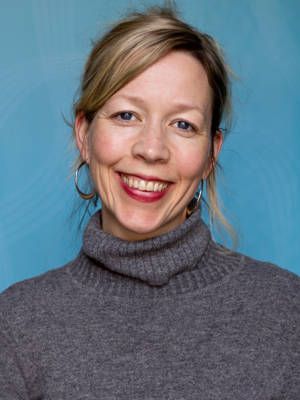Brazil’s Rise to the Global Stage (BraGS) seeks to understand the drivers behind Brazilian humanitarian action and participation in peacekeeping and peacebuilding activities. As a new player in the field of humanitarian assistance, Brazil has brought a new form of moral and strategic motivations to the table. However, humanitarian action also serves Brazil’s regional and international ambitions as a rising power. Improving knowledge on Brazil and its international positioning in general requires a better understanding of its policies of humanitarian engagement, which has become a crucial field of Brazil’s foreign policy.
Through its engagement, Brazil has sought to reconceptualize both humanitarianism and peacekeeping, in line with its more principled stance on sovereignty, non-intervention and less conditionality. The point of departure of the project is innovative as it does not seek to understand the engagement of Brazil in terms of the traditional binary between challenging norms or assimilating to them, but rather contends that this must be a matter of empirical inquiry. Beyond its immediate relevance to humanitarianism and peacekeeping, the project addresses the role of rising powers in global governance, and the status component of humanitarian engagements.
The project explores the following questions:
- How does Brazil's principled stance on humanitarianism and peacekeeping translate into practice?
- How has Brazil sought to reshape the international agenda on humanitarianism and to what extent has it succeeded?
- What are the key drivers behind Brazil's humanitarian policy, and what consequences does this engagement have for Brazil's international status?
BraGS will address these questions through a collaborative project bringing together both Norwegian and Brazilian researchers and institutions, with Maria Gabrielsen Jumbert (project leader) and Kristin Bergtora Sandvik from PRIO, Benjamin de Carvalho from NUPI, independent consultant Torkjell Leira, Paulo Esteves from the Catholic University of Rio de Janeiro (PUC-Rio), Eduarda Hamann from the Igarapé Institute in Brasilia, and Liliana Jubilut from the Universidade Católica do Santos (UniSantos).
This project is placed under the umbrella of the Norwegian Centre for Humanitarian Studies(NCHS).
